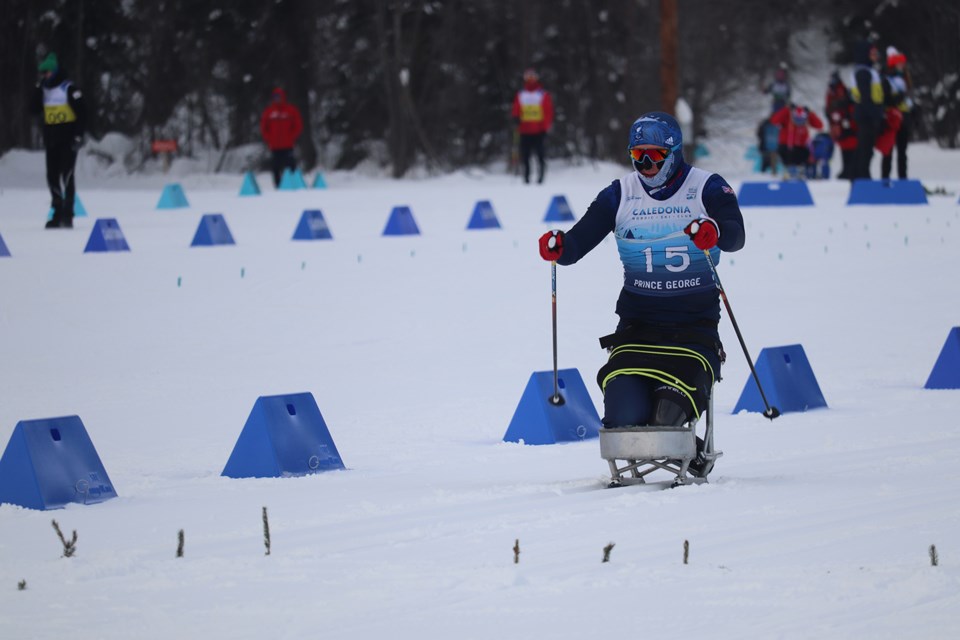How did Paralympic sport come to be what it is today? Now that the 2019 World Para Nordic Skiing Championships are in full swing in Prince George, let’s take a look back at the development of Paralympic sports.
While sport for athletes with an impairment has existed for hundreds of years, it was not until after World War II that it was widely introduced.
1948
Stokes Mandeville Games for wheelchair athletes (considered the very first Paralympic Games) held in London.
1964
The International Sports Organization for the Disabled (ISOD) formed to include other disabilities besides wheelchairs users; visually impaired, amputees, paraplegic, cerebral palsy.
1976
First Winter Paralympic Games held in Sweden.
1989
The International Paralympic Committee (IPC) was founded, amalgamating the four separate disability organizations that loosely formed the ISOD.
1991
The Canadian government launched the National Strategy for the Integration of Persons with Disabilities, a five-year interdepartmental federal program aimed at reducing the barriers to full participation in Canadian society for persons with a disability.
1992
Winter Paralympics held for the first time at the same venue as the Winter Olympics (Albertville, France).
1993
Sport Canada, which has supported both mainstream and disability-based sports organizations through its Sport Support Program, moves to have national sports organizations responsible for both Olympic and Paralympic teams.
2006
Federal government mandates that all national sports organizations, Cross Country Canada for example, must have coaching programs for Olympic and Paralympic athletes that adhere to long term athlete development program.
In Canada and B.C. the history of winter para sports follows the same pathway. For Paralympics and World Para Championships, the organizations that support competitive athletes must be part of the federal government recognized sport structure, and have coaches trained in the Long Term Athlete Development Framework (LTAD) and belong to a club affiliated with the national sport organization.
Today, the only B.C. club running a competitive Para-Nordic ski program is the Nordic Racers Ski Club. There are para-athletes across B.C. but they are being coached singularly; for example, Natalie Wilkie in Salmon Arm. Their clubs do not have a program to recruit and train Para-Nordic athletes.
To follow along with all of the action of the 2019 World Para Nordic Skiing Championships you can watch via live stream.


